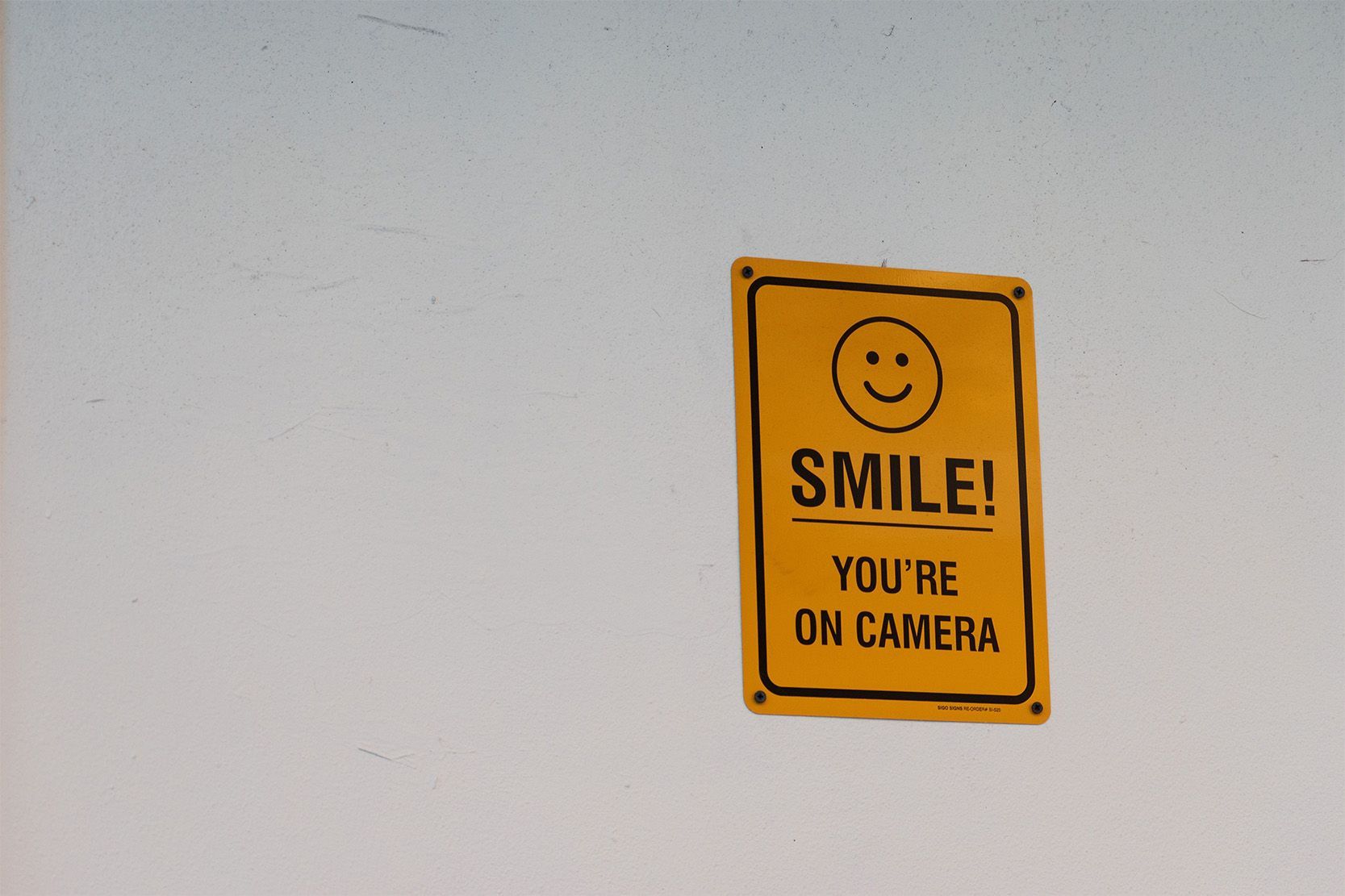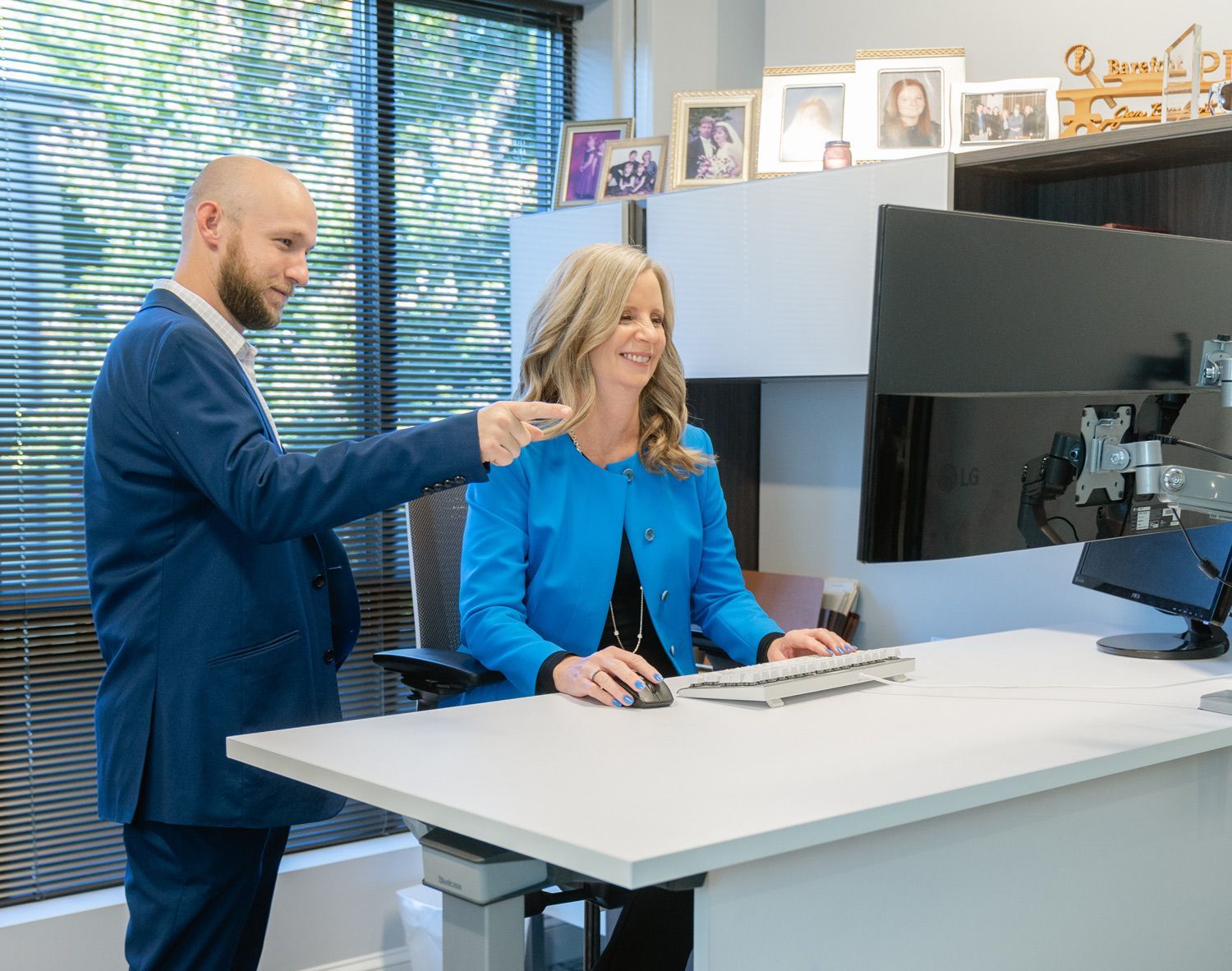Blog
Educational resources, industry articles, and press appearances by the Barefoot team.
Recent Posts

In a world brimming with uncertainties, hiring a private detective can be a crucial step towards clarity and resolution. Whether it’s for personal reasons, legal cases, or corporate matters, private investigations can unearth truths that are otherwise elusive. This comprehensive guide aims to navigate you through the intricacies of hiring a private detective, ensuring your foray into private investigations is both effective and ethically sound.








